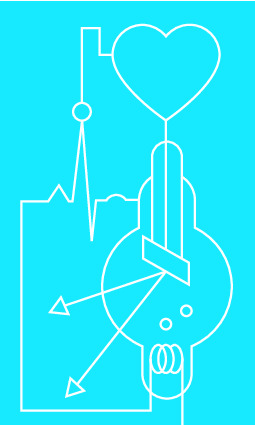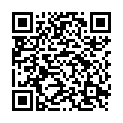|
|
|
| Module code: BMT502 |
|
2V (2 hours per week) |
|
2 |
| Semester: 5 |
| Mandatory course: no |
Language of instruction:
German |
Assessment:
Written exam
[updated 18.06.2023]
|
BMT502 Biomedical Engineering, Bachelor, ASPO 01.10.2011
, semester 5, optional course
BMT1510 Biomedical Engineering, Bachelor, ASPO 01.10.2013
, semester 5, optional course
MAB.4.2.1.26 Mechanical and Process Engineering, Bachelor, ASPO 01.10.2013
, semester 3, optional course, course inactive since 23.10.2019
|
30 class hours (= 22.5 clock hours) over a 15-week period.
The total student study time is 60 hours (equivalent to 2 ECTS credits).
There are therefore 37.5 hours available for class preparation and follow-up work and exam preparation.
|
Recommended prerequisites (modules):
None.
|
Recommended as prerequisite for:
|
Module coordinator:
Dipl.-Ing. Friedbert Theis |
Lecturer:
Dipl.-Ing. Friedbert Theis
[updated 07.04.2013]
|
Learning outcomes:
After successfully completing this module, students will be able to include ergonomics as a design factor in the development and design of medical devices in order to increase their usability.
They will be able to design human-machine systems and their environment in such a way that the variability of humans is taken into account with regard to their physiological and anthropometric characteristic, as well as their cognitive characteristics.
[updated 18.06.2023]
|
Module content:
1. Introduction
1.1 History of ergonomics
1.2 What “ergonomics” means today
1.3 Applications for ergonomics
1.4 The human-machine system
2. The human in focus
2.1 Physiology
2.2 Anthropometry
2.3 Psychology
3. Looking at the human being from an ergonomic point of view
3.1 Types of human work
3.2 Stress and load concept
4. The services that humans can provide
4.1 Ability to perform
4.2 Willingness to perform
5. Introduction to the design of human-machine systems
5.1 Levels of design
5.2 Objectives
6. Anthropometric design
6.1 Basics
6.2 Body measurements, body postures
7. Physiological design
7.1 Basics
7.2 Design examples
7.3 Posture, standing, sitting
8. Psychological design
8.1 Basics
8.2 Design examples
9. Information technology design
9.1 Man as a system element
9.2 Designing displays and control elements
10. Software ergonomics
10.1 Software ergonomics / Usability
10.2 Advantages of ergonomic software
10.3 Design principles
11. Designing environmental influences
11.1 Light and color
11.2 Climate
11.3 Sound
11.4 Vibrations
11.5 Radiation
11.6 Hazardous substances
[updated 18.06.2023]
|
Recommended or required reading:
Bullinger: Ergonomie
Laurig: Grundzüge der Ergonomie
Schmidtke: Ergonomie
Zühlke: Menschengerechte Bedienung technischer Geräte
[updated 18.06.2023]
|


